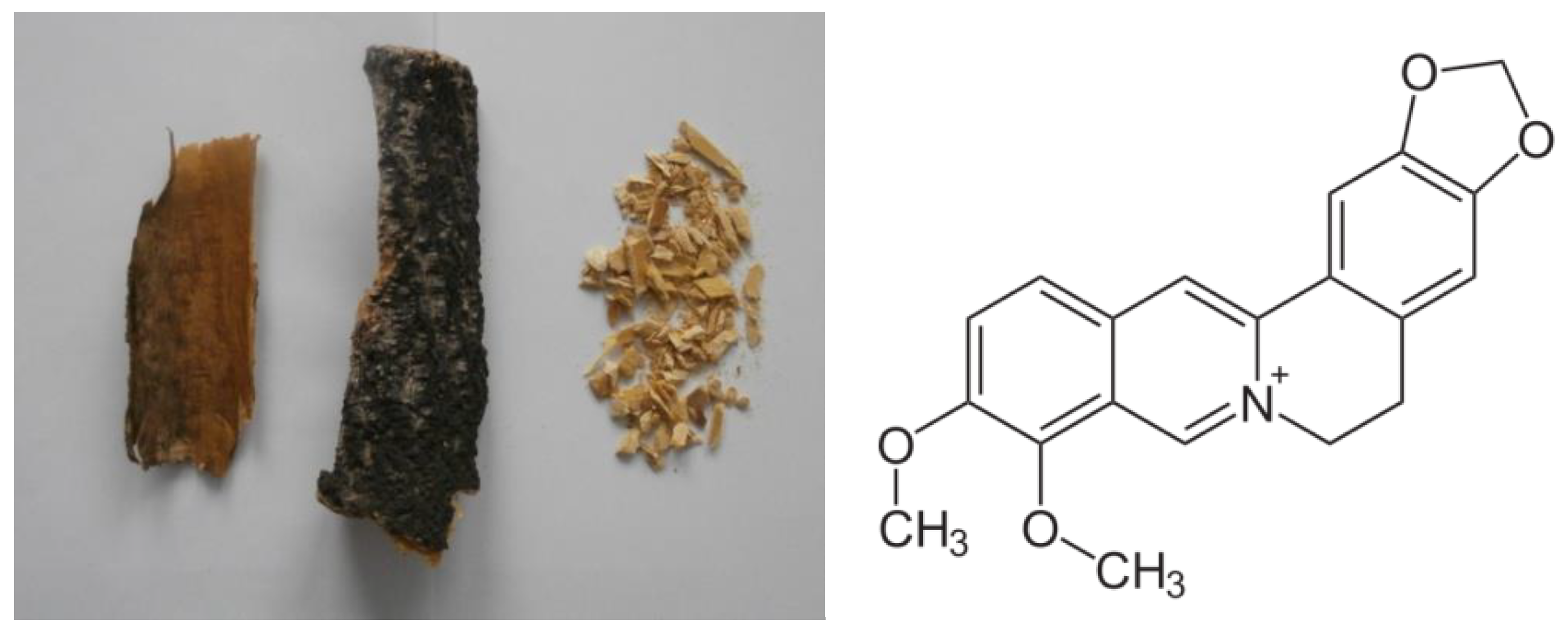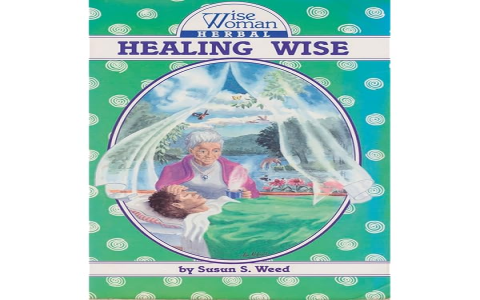Alright, let me tell you about this Huang Bai thing. It’s not like I’m some kind of herb guru, far from it. But sometimes, life throws these annoying little curveballs at you, and you end up trying stuff you never thought you would. For me, it was this persistent, nagging issue. You know how it is when something just won’t go away?
So, for weeks, maybe even a couple of months, I was dealing with this real bothersome heat and dampness feeling, mostly in my lower body. Sounds vague, I know, but it was just uncomfortable. I felt sluggish, and there was this sort of low-grade irritation that just made my days a bit miserable. I tried all the usual stuff, you know, drinking more water, cutting back on spicy foods, even some over-the-counter creams that promised the world. Nothing really did the trick. It was like trying to fix a leaky tap with chewing gum – a temporary patch at best.
Then things got a bit more frustrating. I remember complaining to my old aunt during one of our phone calls. She’s one of those people who has a traditional remedy for everything. Usually, I just nod and smile, but this time, I was desperate enough to actually listen. She mentioned Huang Bai, or Cortex Phellodendri as some fancy books call it. She said her grandmother used to use it for “clearing heat and drying dampness.” Sounded like old folklore to me, to be honest.
I was skeptical, really. My first thought was, “Here we go again, another old wives’ tale.” But the discomfort was really getting to me, making me grumpy and affecting my sleep. So, I figured, what have I got to lose? I went down to this old traditional Chinese medicine shop in the neighborhood, the kind of place that smells like a thousand different dried plants all mixed together. The shopkeeper, an elderly man with glasses perched on his nose, knew exactly what I was asking for. He pulled out these pieces of dark yellow bark. It looked pretty unremarkable, honestly. Just bits of dried tree bark.

My Process with Huang Bai
So, I got a small bag of this Huang Bai bark. My aunt had given me some simple instructions. She said to boil a few pieces in water to make a strong infusion, let it cool down, and then use it as a topical wash for the affected area. Seemed straightforward enough, even for a skeptic like me.
That evening, I actually did it.
- I took about, say, 15-20 grams of the bark.
- Put it in a pot with a few cups of water.
- Brought it to a boil, then let it simmer for a good 20 minutes. The water turned a really deep yellow, almost brownish. It had a distinct, slightly bitter smell, but not unpleasant.
- I strained the liquid and let it cool down to a lukewarm temperature.
The first time I used it as a wash, I didn’t expect much. “Here goes nothing,” I thought. But I have to say, even after that first application, the area felt a bit… calmer. It’s hard to describe. The intense itchiness and irritation seemed to dial down a notch. It wasn’t a miracle cure overnight, don’t get me wrong.
But I stuck with it. I did this twice a day, morning and evening. After about three or four days, I started noticing a real difference. The redness was visibly reduced, and that awful damp, uncomfortable feeling was genuinely subsiding. It was like the Huang Bai was slowly but surely drying things out and cooling things down, just like my aunt said.

I continued this for about a week and a half, and by then, the problem that had been bugging me for months was pretty much gone. I was actually surprised. All those modern creams and quick fixes I’d tried had barely made a dent, and here was this simple, old-fashioned tree bark doing the job.
So, yeah, that’s my practical experience with Huang Bai. It’s not some magic bullet for everything, I’m sure. And I’m not a doctor, so this is just me sharing what happened to me. But for that specific issue of “heat and dampness,” as my aunt called it, it really seemed to work. Sometimes, these old ways have something to them, you know? We’re always chasing the newest, shiniest solution, but occasionally, looking back at what people used for generations can be surprisingly effective. It definitely made a believer out of me, at least for this particular instance.


